Overview of the topic
It has long been noted that certain plant seed extracts can agglutinate the erythrocytes in numerous animals, including humans. These extracts were first identified by Stillmark about a century ago which made the fortunate discovery that castor bean extracts agglutinated erythrocytes. In subsequent years, other plants containing these agglutinins were discovered as well. These agglutinins were later given the term "lectins" from the Latin verb “lectus” which is the past tense of “Legere”, which means to choose or to pick out. In many aspects, lectins mimic the actions of immunological antibodies. Other than agglutinating the red blood cells, lectins specifically precipitate the purified antigens present on the surface of red blood cells.The exact definition of lectins has changed a number of times as more research work was done on them and more information on them became available. In 1980, it was put forward that lectin can be defined as a "sugar-binding protein or glycoprotein of non-immune origin which agglutinates cells and/or precipitates glyco-conjugates" to clarify the term. Lectins are basically proteins that bind to carbohydrates and have non-catalytic domains that can bind to monosaccharides and oligosaccharides in particular.
In order to categorize lectins, each classification overlaps the others and takes into account factors such as similarities or dissimilarities in origin, source, structure, sequence, binding specificity, epitope, number of binding sites, etc. According to their origins, lectins can be broadly divided into five groups: animal lectins, plant lectins, fungal lectins, microbial lectins, and viral lectins.
There are now recognized lectins for a number of human blood group antigens like A, B, O, M, N, etc. Their particularity could be:
Anti A – Although they react moderately with B when concentrated, Phaseolus limensis or lima bean extracts are antigen A specific essentially. Dolichos biflorus, Vicia cracca, Vicia peregrina, Crotalari aaegyptica, Vicia villosa, etc. are some other anti A lectins.
Anti B – These have not frequently been used. One cause of this is the lack of sufficient anti-B activity in most seed extracts.
Anti- A+ B – Plants such as Sophora japonica, Bandeiraea simplicifolia (recently harvested seeds), and Calpurnia aurea, have agglutinins that have a stronger effect on A and B antigens when compared with erythrocytes having O antigen on their surface.
Anti H – Numerous plants exhibit this characteristic, including the the seeds of Cytisus sessifolius, Lotus tetragonolobus, Laburnum alpinum, Tetragonolobus purpureus, Ulex europaeus, and Tetragonolobus purpureus. Ulex europaeus is the most popular.
Abstract of the dissertation:
The ability of specific plant extracts to agglutinate erythrocytes has been long understood. These extracts are referred to as lectins. Lectins have the ability to bind specifically to specific carbohydrate structures, like sugars or glycoproteins, which are present on the surface of cells and agglutinate them. On the surface of Human red blood cells, various antigens are present including ABO blood group antigens. Due to the distinct carbohydrate-binding characteristics of lectins, they bind to ABO antigens like antibodies bind to antigens and agglutinate them. In this study, the ability of 15 different lectin seeds to agglutinate ABO blood group antigens was examined, as was their specificity. In addition, a number of physical and biochemical parameters, including pH, temperature, and the viability of precipitate and antisera, as well as gender, were established. Plant lectins from Vigna radiata and Zea mays were found to be A blood group specific, and plant lectins from Avena sativa were B blood group specific and stable across a range of pH and temperature. Among the 15 plant lectin seeds taken into consideration for this study, no plant lectins were discovered to be blood type O specific.
Himani Kumari
M.Sc. Forensic Science- Batch 2021-2023
Email id – hk.himanikumari@gmail.com
Supervisor- Shreya Arora


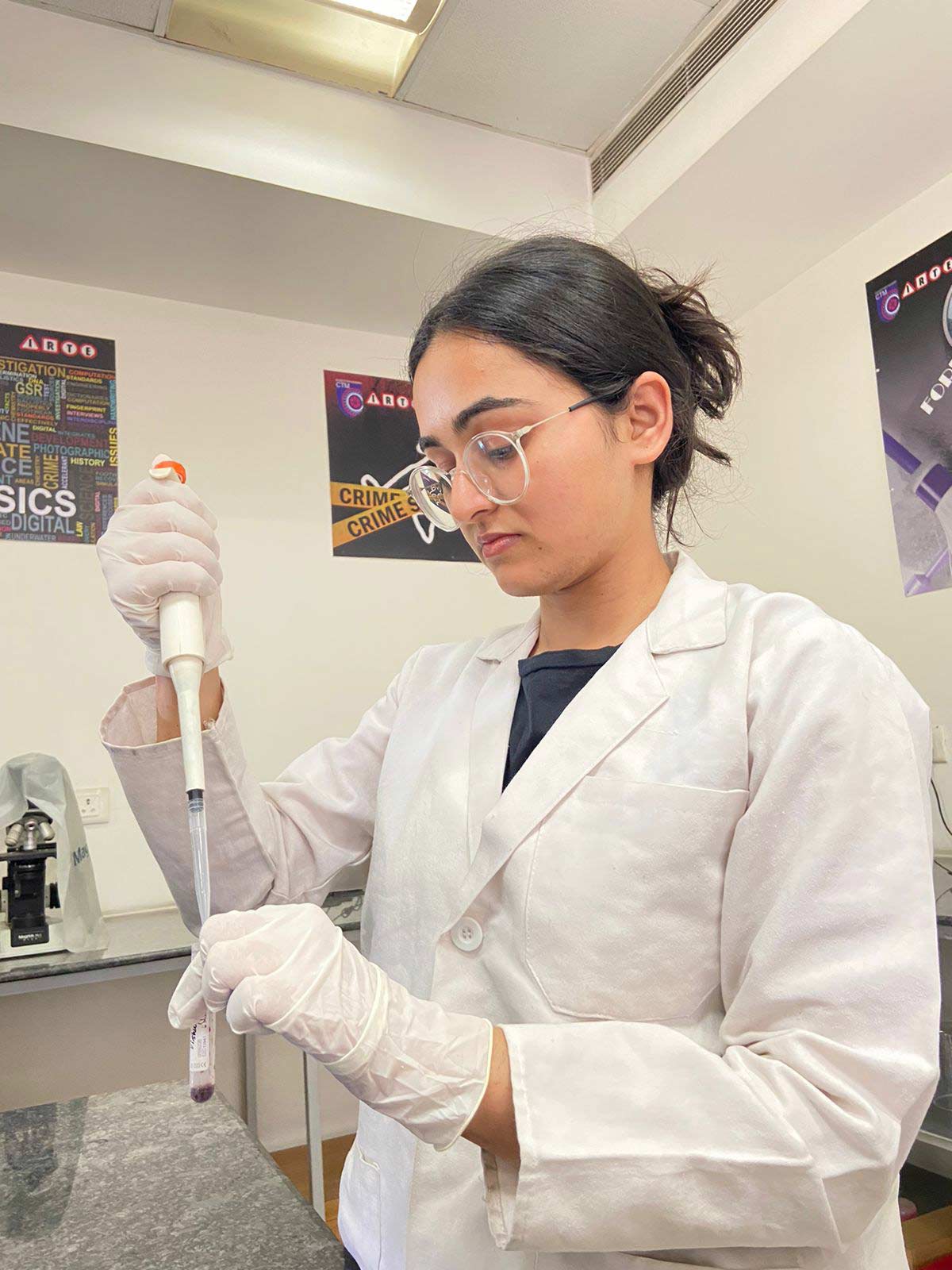
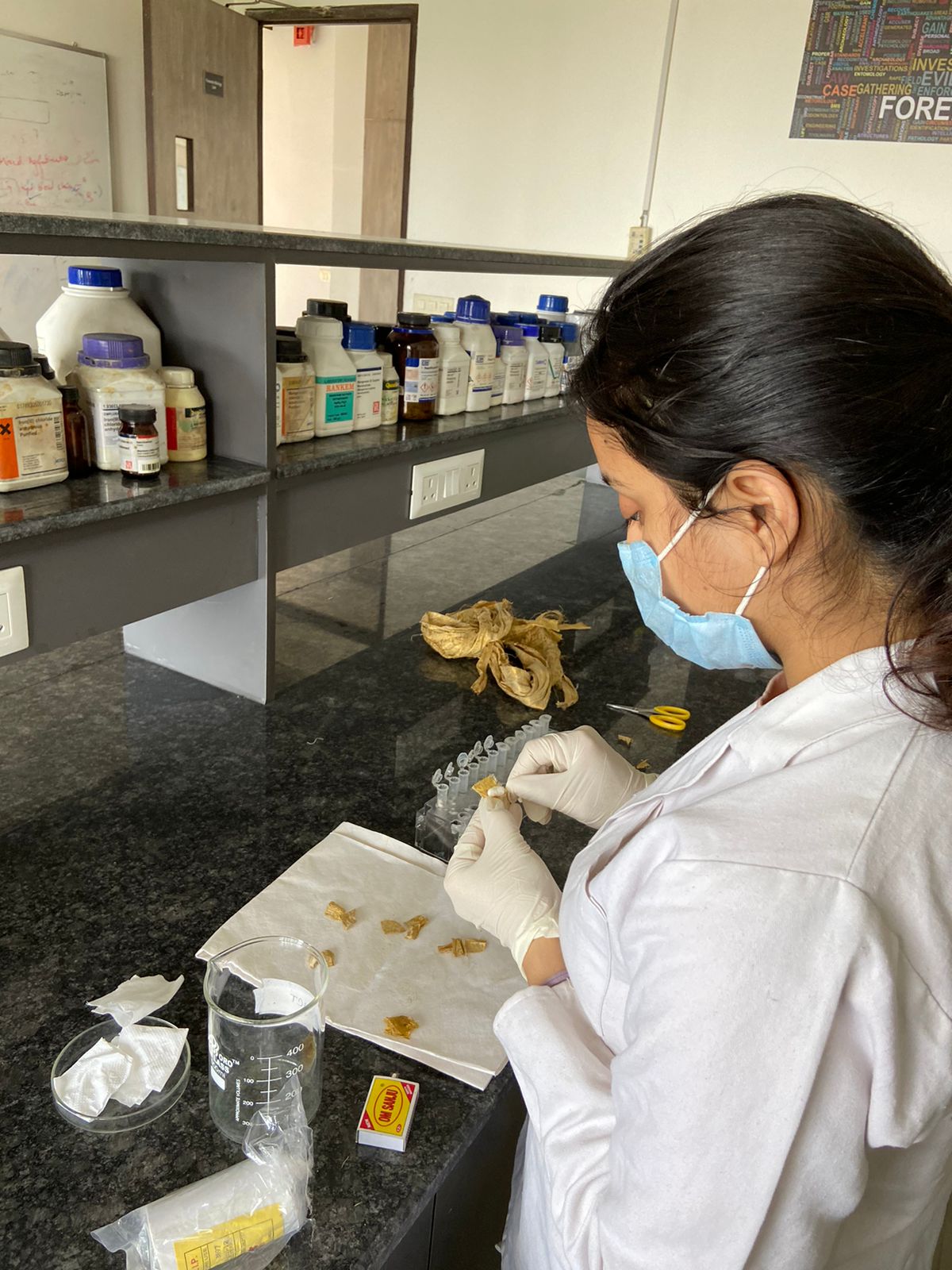


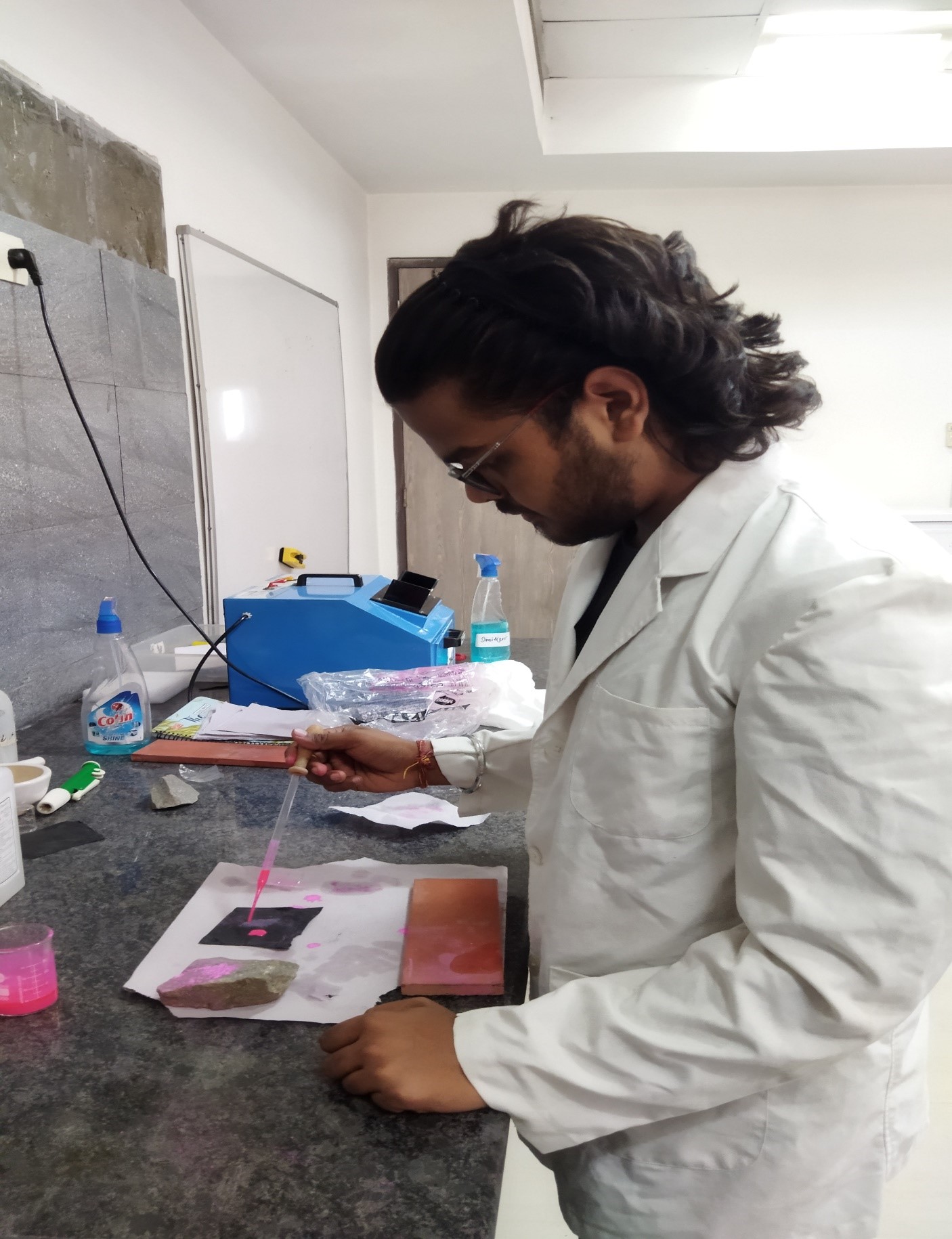
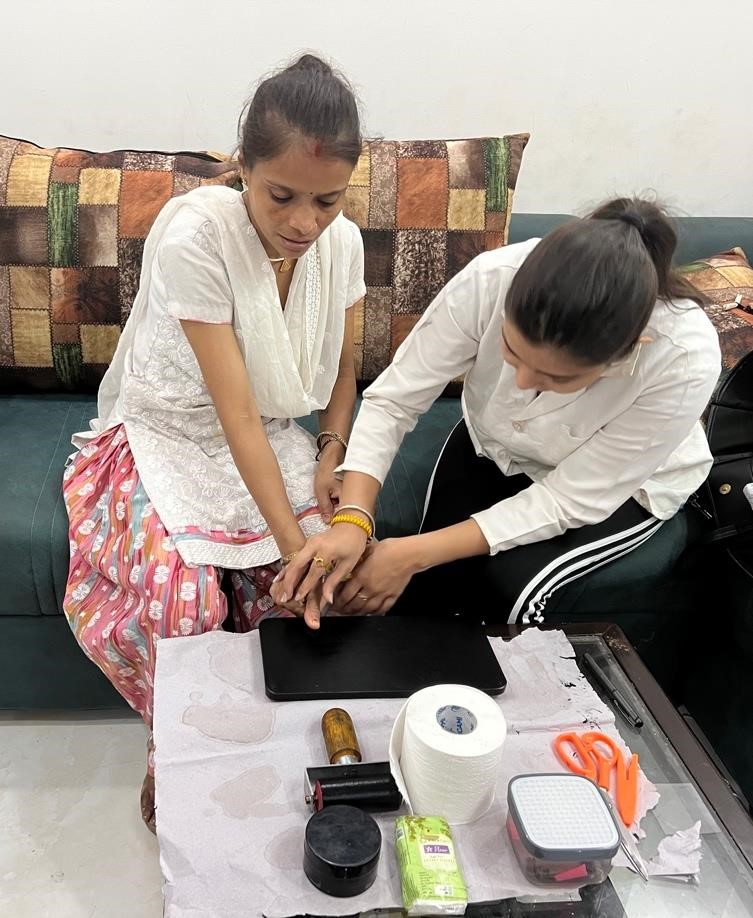
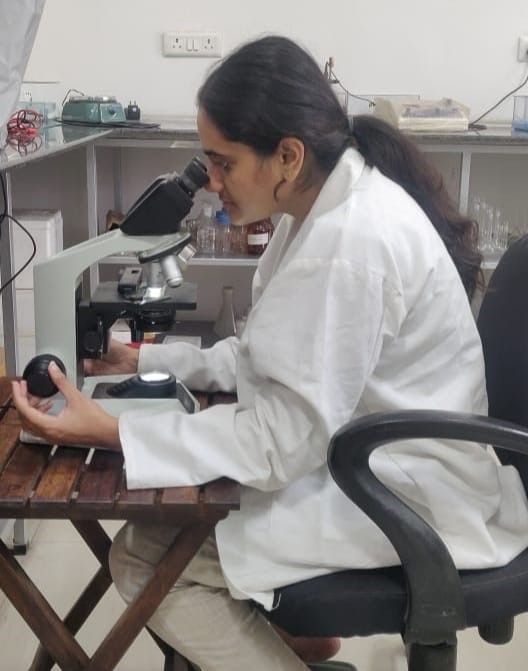
No Comments